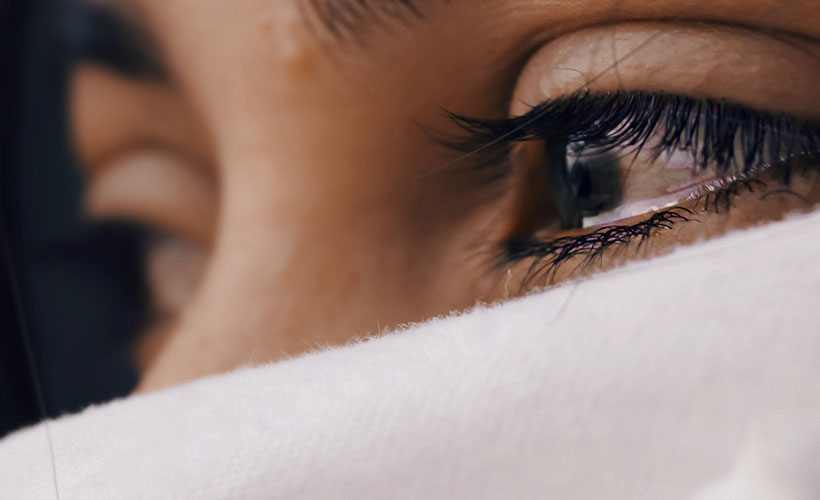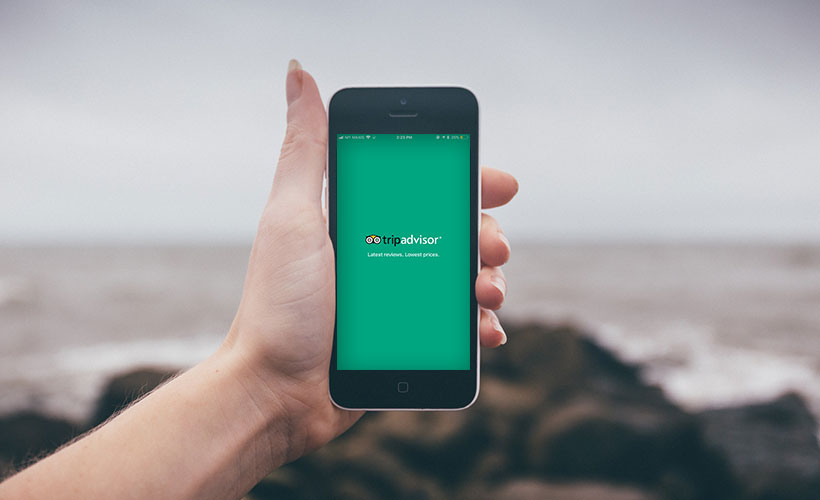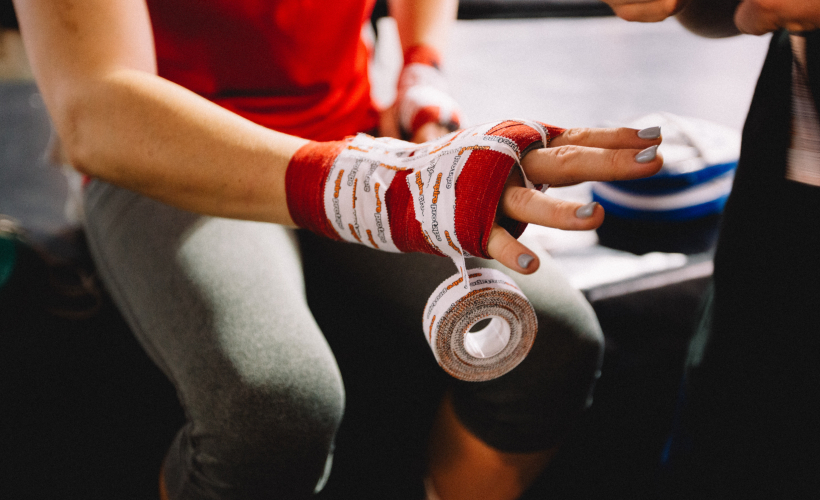
I’m no stranger to solo travel. Being an adventure-seeker too, I decided to embark on a solo trip to Kota Kinabalu, the capital of East Malaysia’s Sabah state. The goal here was to scale Mount Kinabalu and then explore the tropical rainforests of Borneo. I found an extremely cheap flight that arrived at midnight and took an airport shuttle bus into town. On my walk to the hostel, I was sexually assaulted by two men. That night, as I was lying in bed, I remember feeling so numb and so utterly helpless.
For the longest time, I didn’t tell anyone because I thought, to some extent, it was my fault. I had embarked on a solo trip; I had booked a midnight flight and put myself in danger; I compromised my own safety. So I bottled it away and kept it buried deep within my heart, hoping the fear and self-shame would eventually go away.
Fear, depression, and anger

As a result of the sexual assault, I often experienced sleepless nights. It became rare for me to sleep straight through. I’d wake up with a jolt; convinced something bad was going to happen. I also started experiencing panic attacks and extreme lows. One day, I’d feel on top of the world, and then the next, I’d feel a bleak sense of hopelessness of my future. The hardest thing for me to cope with, however, was the anger.
I was angry all the time. Angry at myself, my assailants, and everyone else around me. The fury permeated through me, a pure liquid rage that would erupt with ferocity. I fell out with a dear friend, and as we parted, she said, “You can’t let the people in your present and future, pay for the mistakes of the people in your past.” Her words made me realise I had an issue. I also needed to accept that I had one for me to fix it and heal.
Taking ownership of my feelings and actions
The first step was taking ownership of my actions and negative feelings. I realised I had all the symptoms of Post-Traumatic Stress Disorder (PTSD). This is a disorder that develops in some people who have experienced a shocking, scary, or dangerous event.
Everyone has different ways of coping, and over time, I too developed a few ways that helped me overcome my symptoms.
Talk, but to the right people

The biggest healing point for me was when I began talking about it. However, a word of caution – do not talk to the wrong people as it can halt and worsen your recovery. Misery breeds misery. When I was experiencing the lows, initially, I’d speak to people in a similar place. I felt they’d be able to understand and sympathise with me. But really, all we did was suffer and dwell on our problems together. I realised that I needed to talk to people who had already healed, who could pull me up and away from my anger and sadness.
Plan and mitigate for the future
One way I lessened my fear and anxiety was to plan my trips with room, taking into consideration any potential future mishaps so I can mitigate them. Nowadays, when I travel alone, I know the safest way to arrive at my accommodation, the nearest police station, hospital, and common risks to be wary of. It helps me feel in control of my situation and makes me feel calmer. I also plan a worst-case scenario. For instance, if I am robbed, lost, and so on, I think about what I can do in the event it does happen.
Sexual assault is abhorrent, whoever the victim is. Meet one woman who’s making a difference by keeping the conversation on sexual violence going:
Rape Survivor Claire McFarlane: Breaking The Silence On Sexual Violence
Work it out

I found running and hiking helped me through my symptoms of stress and allowed me to fight the demons in my head. Numerous research studies have discovered that physical activity can serve as an effective coping strategy for PTSD. Also, when you exercise, your body releases ‘happy’ chemicals called endorphins. These trigger a positive feeling in your body and give you a natural high. When I hike mountains, I feel in complete control of my body. Most importantly, it’s helped me regain the love I once had for my body before the attack.
My coping techniques may not necessarily work for everyone, but they worked for me. If you have experienced trauma and are trying to work through them, please remember these wise words: “I am not what happened to me. I am what I choose to become.” — Carl Jung.


